The Impact of Candy Crush Saga on Pop Culture
Candy Crush Saga has undeniably left a significant imprint on pop culture since its release in April 2012 by King. The colorful, match-three puzzle game swiftly became a sensation, captivating millions of users worldwide and setting the stage for a new era in mobile gaming.
The game’s design was revolutionary for its time, employing vibrant visuals and satisfying sound effects that created an addictive experience. This straightforward yet challenging format appealed to a broad demographic, transcending age and geographic barriers. By 2013, Candy Crush Saga had become the most downloaded app on the Apple App Store, highlighting its widespread popularity and influence.
One of the game’s most significant contributions to pop culture is its role in normalizing casual gaming. Previously, gaming was predominantly associated with dedicated consoles and PCs. However, Candy Crush Saga demonstrated that high-quality, engaging games could be played on smartphones, effectively broadening the gaming landscape. This shift was crucial in expanding the demographics of gaming audiences, inviting individuals who might have never considered themselves gamers to engage with the medium.
The game’s success also emphasized the potential for monetizing mobile apps through a freemium model. While players could download and play Candy Crush Saga for free, revenue was generated through in-app purchases and advertising. This model has since become standard in mobile app development, influencing countless other games and applications by demonstrating that free apps could yield substantial profits with the right strategies.
Social media played a pivotal role in the game’s success, illustrating the power of word-of-mouth and digital connectivity in promoting products. Candy Crush Saga encouraged players to share their progress and invite friends to join them on Facebook, leveraging the platform’s vast networking capabilities. This not only increased the game’s visibility but also created a community around it, turning gaming into a shared social experience.
Celebrity endorsements further propelled Candy Crush Saga into the pop culture stratosphere. Public figures were seen playing the game, often sharing their experiences or discussing the game in interviews, which added a layer of social endorsement. This celebrity association helped to remove any stigma associated with mobile gaming, making it more socially acceptable and trendy.
The cultural impact of Candy Crush Saga extends beyond gaming, influencing areas such as marketing and branding. Its recognizable iconography and catchy soundbites became hallmarks of effective design, often mimicked by other brands seeking similar success. The game’s aesthetics, from its candy-themed visuals to its playful user interface, became a blueprint for other digital apps, inspiring a wave of colorful, user-friendly designs in various industries.
Candy Crush Saga also sparked discussions around the topic of digital addiction. Its highly addictive nature led to debates about the effects of mobile gaming on mental health, highlighting concerns about screen time and its consequences on productivity and well-being. This conversation has encouraged researchers to explore the psychological aspects of gaming, prompting developers to consider more ethical design practices.
Moreover, educational institutions have examined Candy Crush Saga’s impact, incorporating studies of the game into curricula focused on business, psychology, and digital media. These analyses focus on understanding user engagement, analyzing the game’s economic model, and scrutinizing its design elements to provide insights into successful app creation and marketing.
On a societal level, the game’s ubiquitous presence has influenced language and communication. Phrases like “I’m stuck on a level” have entered everyday vernacular, used metaphorically in contexts beyond gaming. This influence reflects how digital experiences have become intertwined with real-world interactions, demonstrating the profound effect of popular mobile games on communication.
Merchandising further solidified the game’s presence in pop culture. The expansion into tangible goods, such as themed candies, plush toys, and board games, showcased the brand’s versatility and strength, extending its reach beyond the digital realm into consumers’ everyday lives. This trend of digital-to-physical merchandise is now common practice, as seen with other successful online franchises.
Competitive gaming, or eSports, despite being dominated by more traditional genres at the time, was influenced by the rise of casual games like Candy Crush Saga. It opened the door for other mobile games to be considered for competitive play, broadening the definition of eSports and prompting event organizers to think creatively about their offerings.
As Candy Crush Saga continues to evolve, with regular updates and new levels introduced to maintain player engagement, its impact remains pertinent. It has not only reshaped the mobile gaming industry but also carved a niche in cultural spaces traditionally unrelated to gaming. The game’s legacy is evident in its capacity to influence how digital media intersects with our daily lives, acting as a catalyst for change across various sectors and demographics.
In summary, the impact of Candy Crush Saga on pop culture is multifaceted, influencing gaming habits, business models, marketing strategies, social interactions, educational discourse, and consumer products. As an archetype of success in the mobile app industry, Candy Crush Saga stands as a testament to the power of digital innovation to captivate and transform global audiences across different cultural contexts.
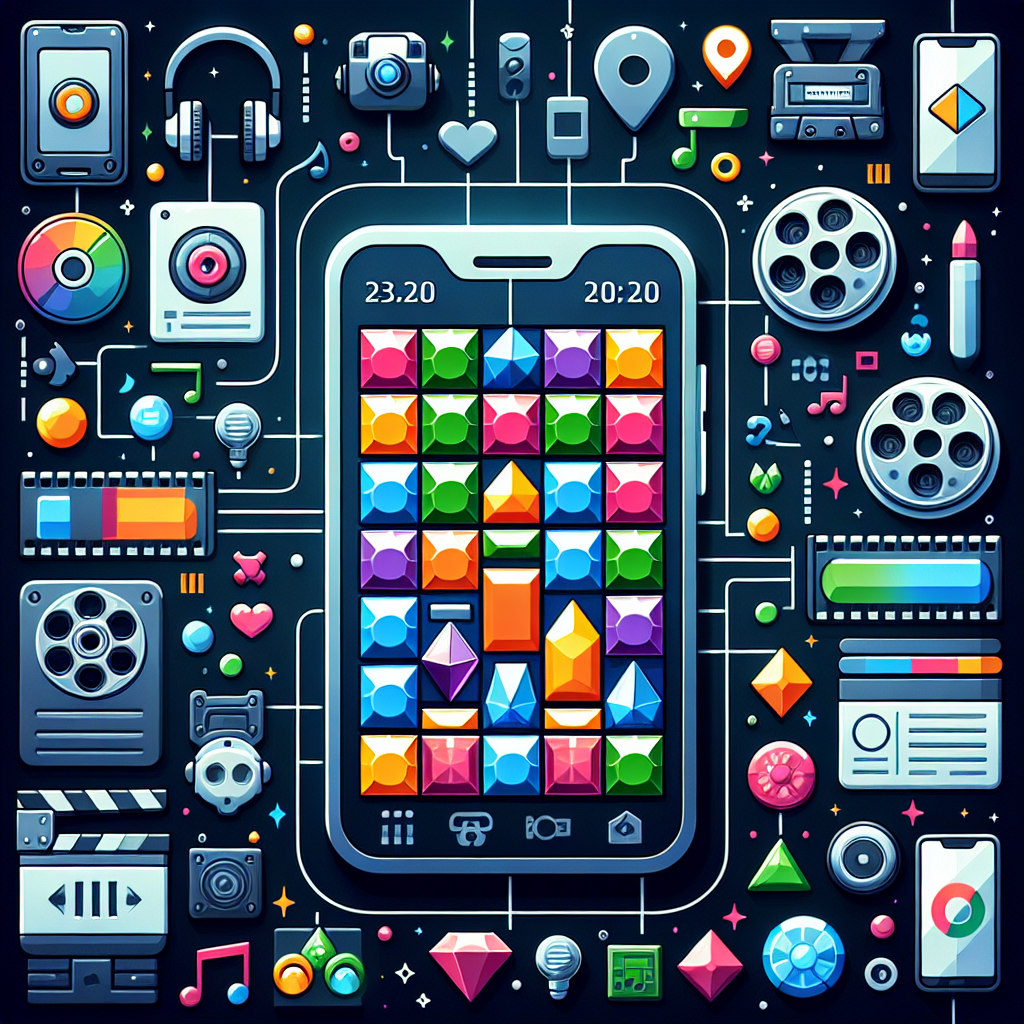




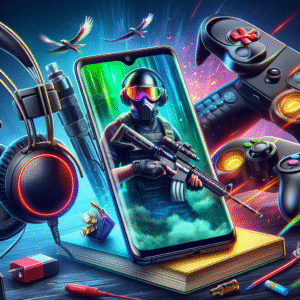

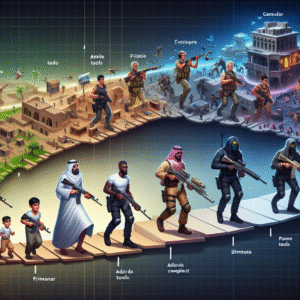

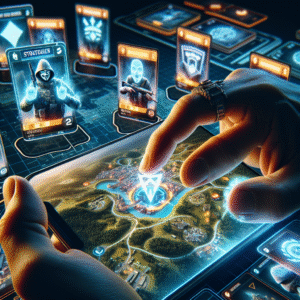
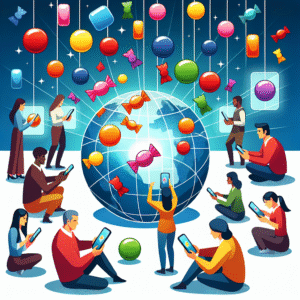
Post Comment